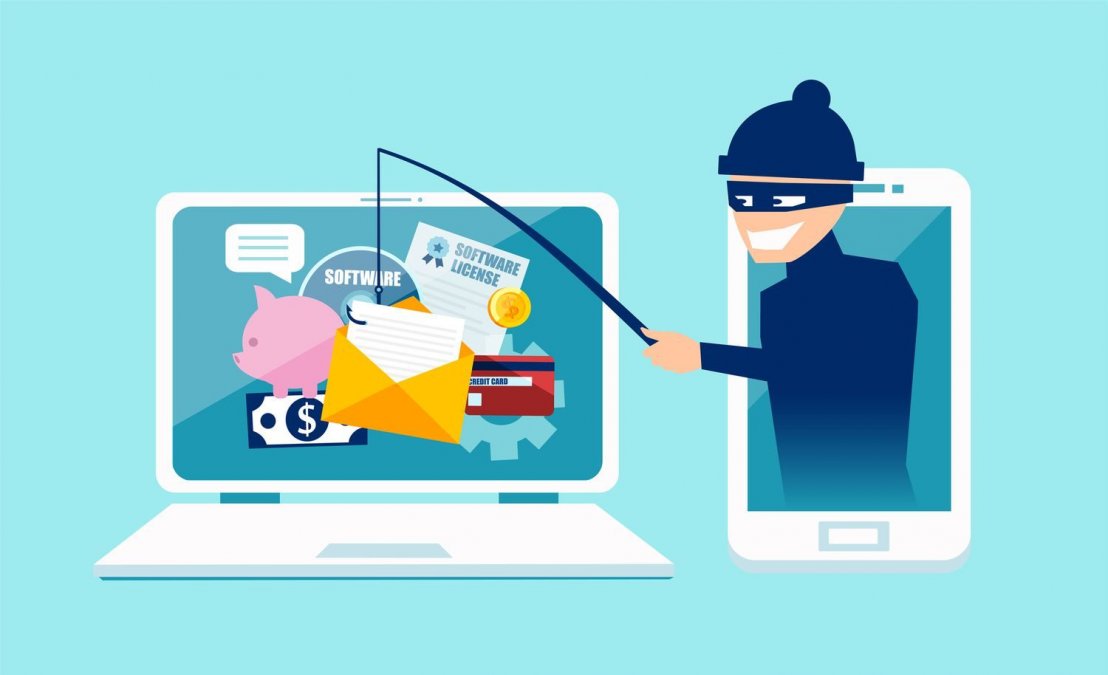The dangers of misleading content on social networks are serious
One of the strangest events resulting from misleading content on social networks recently occurred in America. These are contents that become so-called viral, and after their spread, there are not many solutions to counter their impact.
Fake videos and texts about various topics promote false data and information. To combat these deceptive contents, publishing informative materials and removing misleading posts by the platform moderators can be effective. In this regard, Elon Musk, by purchasing Twitter and removing many serious oversight processes, has dealt a heavy blow to social health. TikTok is also lagging in this area, and Meta is struggling. In any case, combating false content on social networks is costly and, while necessary, requires specialized human resources and the commitment of platform managers. The story is different if solutions, ideas, and action plans are offered that are dangerous, destructive, and fraudulent. In this regard, collective movements can be curbed in the outside world, for example, the British government seriously dealt with calls for racist riots on social networks. Western governments have relative control over the integrated networks of ISIS extremists, terrorists, human trafficking gangs, sexual exploiters, and distributors of unethical content, which also requires work.
However, frauds, deceptions, and traps for individuals are not easily controlled, and it is enough for fraudulent content to trap a number of audiences to create a serious crisis. In America, a bizarre idea ensnared a significant number of citizens. This idea spread on TikTok suggested that you could deposit a check made out to yourself into an ATM, and the machine would dispense cash without concern, allowing you to trick the bank. Naturally, banking officials initially did not believe anyone would fall for this claim, but some did, and now they have committed a crime and, as the saying goes, didn’t get off scot-free. The person who wrote a check to themselves has indebted themselves and signed a written fraud document and handed it to the bank.
Perhaps Iranian authorities should take these trends in Western countries seriously, especially when the fundamental and obvious idea of citizens’ right to free and unfettered access to the internet and social networks has not yet been realized in Iran. Creating a suitable ground for combating such content will take away an excuse from opponents of the human and civil right of Iranians to free access to the online space.

